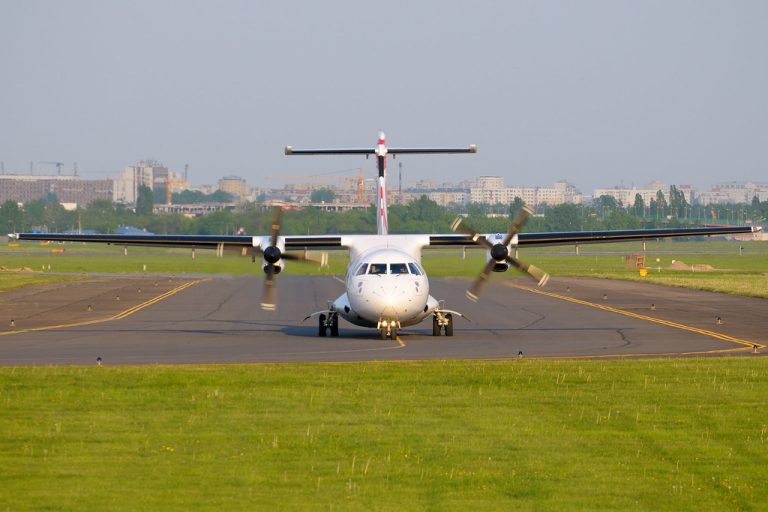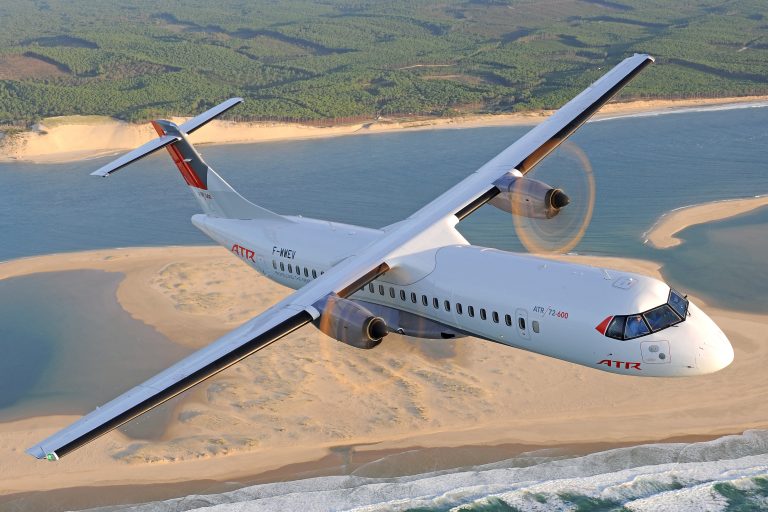A subtle shift in Avation’s profile has begun to capture the imagination of those scanning the aviation leasing landscape. With an inaugural credit assessment in hand and a series of deliberate deals unfolding under the surface, the company is threading together a narrative of measured progress, one that hints at potential upside for patient capital.
From the moment Moody’s delivered its first rating of Baa3 with a stable outlook, investors have gained a window into Avation’s financial contours without the fanfare of headline-grabbing announcements. This step, while technically procedural, speaks volumes about the board’s confidence in the balance sheet and the robustness of cash flows underpinning the lease portfolio. A firm foothold in the investment-grade spectrum suggests that funding costs may edge lower over time, effectively widening the margin between financing expenses and lease rental inflows. In an industry where access to competitively priced capital translates directly into yield expansion, that differential could amount to a quietly compounding advantage over peers.
Simultaneously, the buoyant environment for aircraft leasing has played straight into Avation’s hands. As airlines around the globe calibrate capacity to match resurgent travel demand, leasing houses find themselves fielding ever-stronger enquiries for fixed-term placements and fleet diversification. Avation’s own bookings reflect this trend: the group has repeatedly affirmed that trading through mid-year remains in line with management forecasts, a reassurance that the engine of lease rentals is firing on all cylinders. Steady occupancy rates, robust contract renewals, and timely placement of returning aircraft have circled back to underpin revenue visibility for the remainder of 2025.
Yet perhaps the most revealing cue comes from the firm’s strategic forays into niche markets. The six-year lease agreement inked with PNG Air for an ATR 72-600 turboprop underscores a deliberate tilt towards aviation segments that can sustain durable contract terms and countercyclical stability. While larger, long-haul jets often steal the spotlight, regional turboprops continue to dominate short-haul corridors in emerging economies. Avation’s choice to deploy one of its ATR frames in Papua New Guinea reflects deepening expertise in identifying under-served markets where fleet modernisation is a high priority. For investors attuned to both geographic diversification and asset class variety, this deal offers a tangible demonstration of the group’s capacity to tailor leases to operator needs and to secure cash flows insulated from the ebbs and flows of global hub traffic.
Behind these headlines lies a methodical approach to fleet management. As older aircraft are cycled out, Avation appears to be closely aligning capital expenditure with anticipated demand curves, ensuring that replacements not only meet modern performance criteria but also contribute to stable rental yields. The likes of the ATR 72-600, with its fuel-efficiency gains and proven dispatch reliability, fit snugly into this framework. By continuously refreshing its mix of narrowbodies, regional turboprops and selected widebodies, the company seeks to balance residual value risk against the backdrop of a market that rewards younger, more environmental-friendly assets.
Market watchers will note that while the broader aviation sector often confronts shifting macro headwinds, fuel price volatility, fluctuating passenger trends, and evolving regulatory pressure, Avation’s measured cadence of credit rating milestones, disciplined fleet deals and transparent trading updates charts a reassuring course. Rather than advancing through bold proclamations of growth, the group has preferred to let incremental signals accumulate: a well-timed rating assessment, a reaffirmation of trading alignment, and a bespoke lease in a growth-hungry region.
For those weighing the risk-reward equation, such subtleties matter. Investment-grade funding arguably lightens the burden of debt servicing, enhancing net yield prospects. A portfolio that spans continents and includes both traditional jetliners and niche turboprops mitigates operator concentration and supports diversified cash streams. And a management team comfortable communicating progress through regular trading statements invites a level of transparency often absent in smaller leasing houses.
As the aviation leasing sector enters what may be its most dynamic phase in years, with airlines increasingly opting for fleet flexibility over outright purchases, Avation’s under-the-radar momentum could translate into resonance on investment screens. The blend of credit validation, steady operational execution and strategic market engagement is quietly carving a position of relative strength. Observers may find that patience rewarded today stands to reap more conspicuous gains once the market’s focus broadens to encompass the less flamboyant but no less impactful facets of fleet leasing.
Avation PLC (LON:AVAP) is a commercial passenger aircraft leasing company owning a fleet of aircraft which it leases to airlines across the world. Avation’s future focus are new technology low CO2 emission aircraft.








































